1. Start with the Right Plants
Choose plants that thrive in
well-lit environments.
Easy choices: Pothos, Jade Plant, Snake Plant,
ZZ Plant, Spider Plant, and Peace Lily.


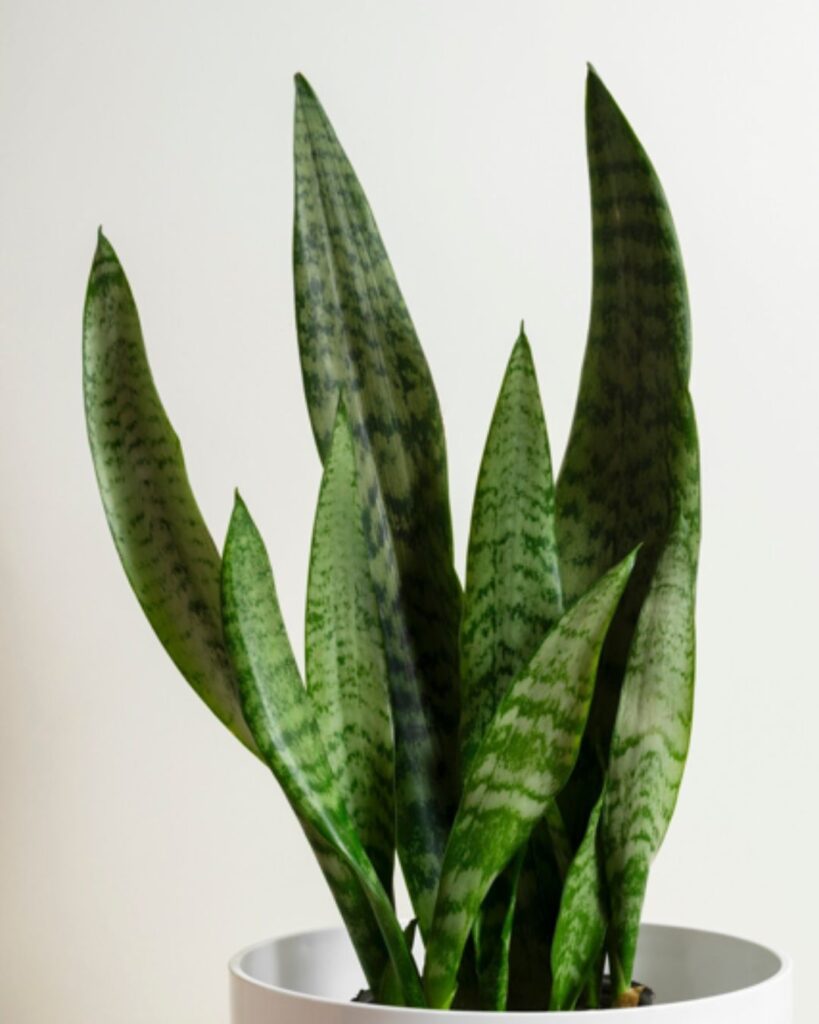
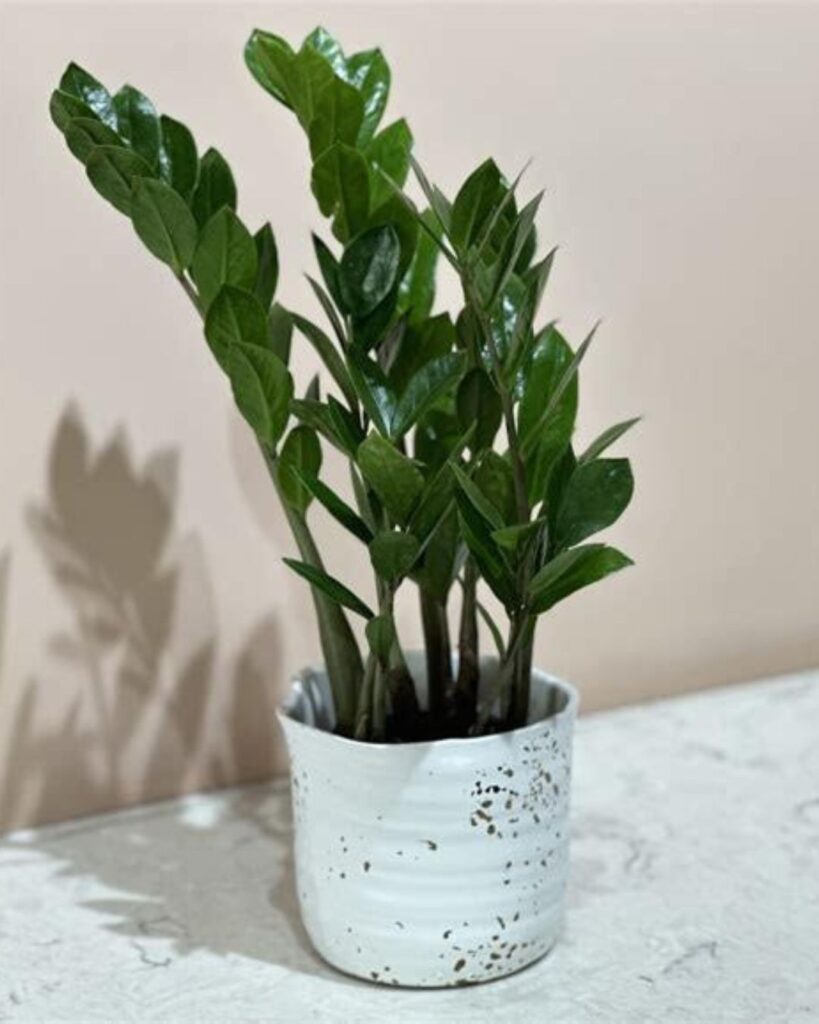
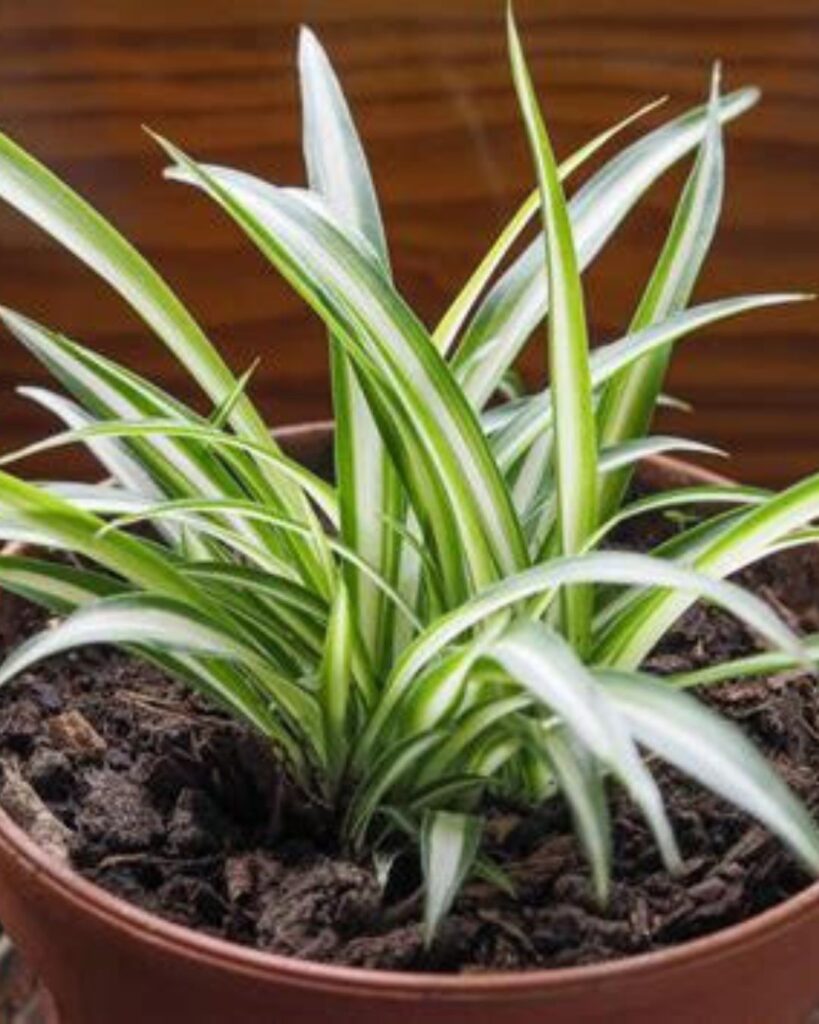
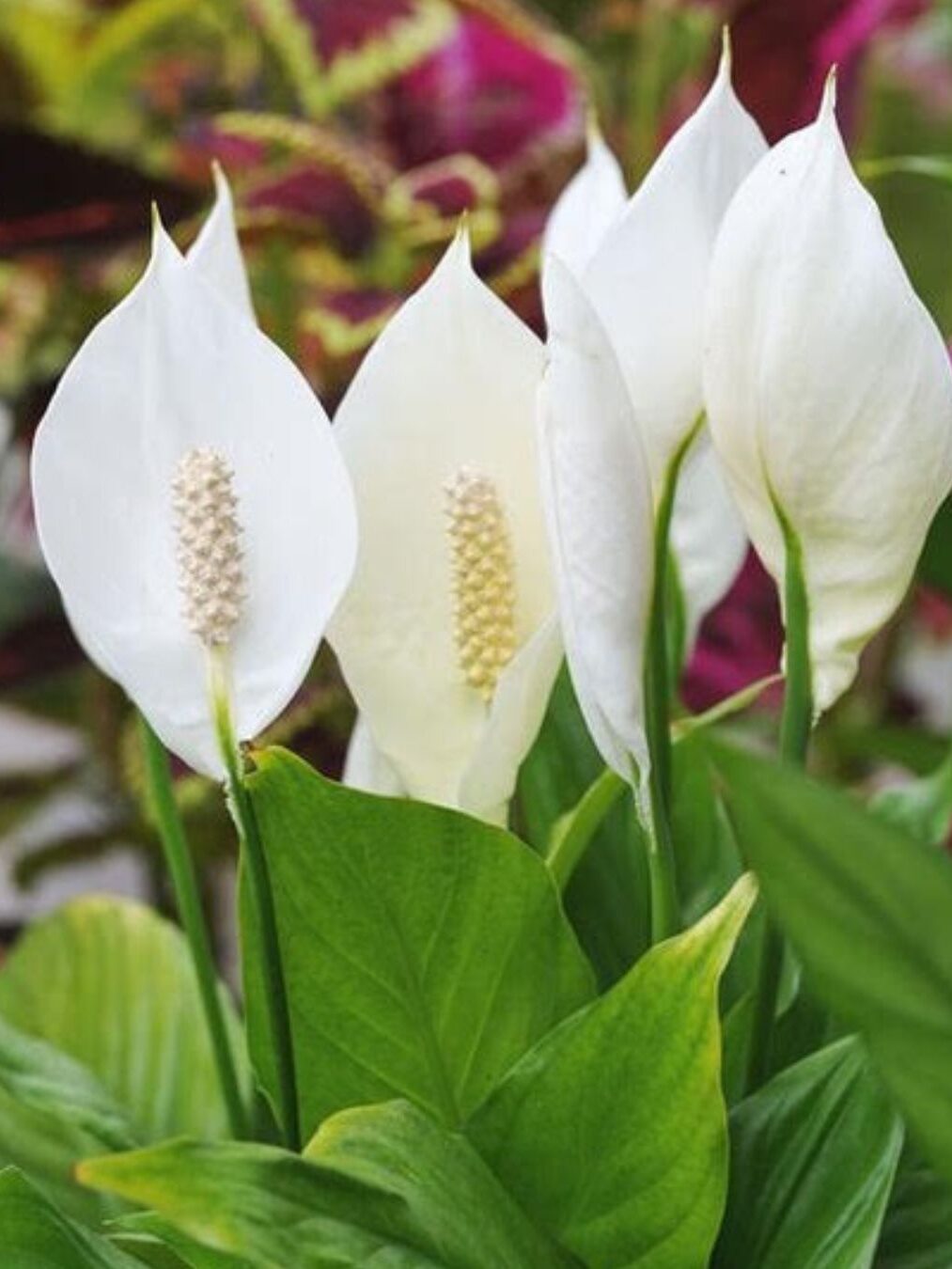
2. Find the Perfect Spot
Bright, indirect light is ideal
for most beginner plants
Place near east or south-facing
windows; avoid direct afternoon sun
for sensitive plants
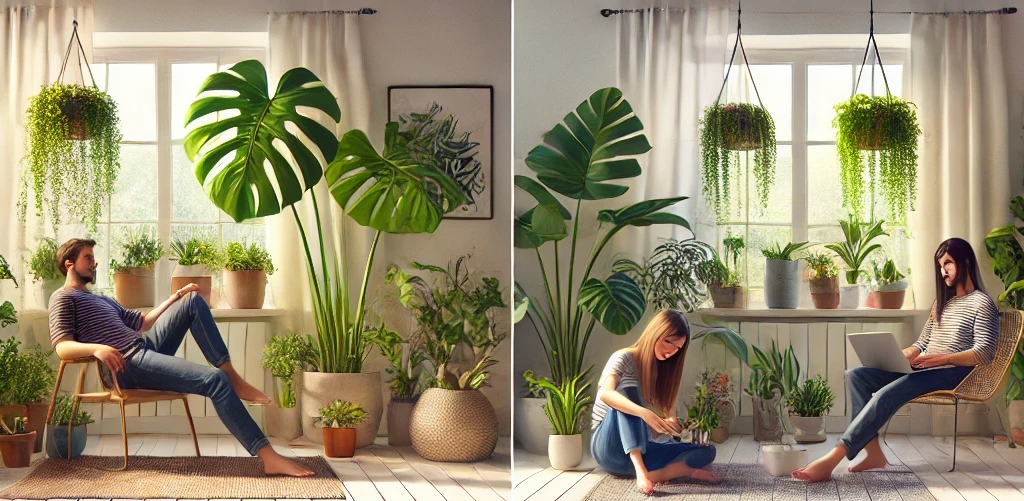
3. Use the Right Pot & Soil
Well-draining pots and soil
prevent overwatering
Choose pots with drainage holes; use
indoor potting mix with perlite for
aeration
4. Watering Basics
Too much water kills more
plants than too little
Check the soil moisture with your
finger—water when the top 1-2
inches are dry
5. Understand Humidity & Temperature
Most houseplants like
moderate humidity and
stable temperatures
Avoid placing plants near vents,
radiators, or drafty windows
6. Fertilizing for Growth
Light feeding supports
healthy plants
Use a balanced liquid fertilizer
(diluted) once a month in spring and
summer
7. Pruning & Cleaning
This helps plants grow better
and look healthier
Trim yellow or dead leaves; wipe dust
off leaves for better photosynthesis
8. Watch for Pests & Problems
Early detection saves plants
Common pests: spider mites, aphids,
fungus gnats; treat with insecticidal
soap or neem oil
9. Repotting When Needed
Helps prevent root-bound
plants
Repot every 1-2 years, or when roots
grow out of the drainage holes
10. Enjoy the Process!
Caring for plants is a
learning journey
Observe, adjust, and celebrate small
wins—every plant has its personality
